Preface
The Muslim world is one of the regions with the highest densities of conflict in the world (intra- and interstate). Yet it is one of the poorest ones in terms of conflict transformation resources both theoretical and practical.
The foundational texts of the Islamic religion and the practices of the Prophet of Islam and the early Muslim community provide enough teachings to elaborate a comprehensive theory of conflict and peace. But the historical events the Muslim community went through and particularly the major political conflicts (the Big Fitna ) in the first decades of Islamic history prevented the emergence of a healthy approach to conflict.
Today there is an increasing awareness for the need in the Muslim world to master the techniques of conflict analysis and transformation. This can be measured by the increasing number of young Muslims being trained in mediation or pursuing academic curricula in conflict transformation.
The aim of this contribution from a Muslim author is to provide peace workers with a few resources from the Islamic tradition that can be used when addressing a conflict rooted in an Islamic context. Using the internal resources and a language understood by the conflicting parties has proven to be effective in conflict transformation. The concepts developed in the modern theory of conflict and peace may be expressed in words the parties are familiar with, and this is what this book aims to show.
In chapter 1, ten basic Islamic concepts are briefly presented: dīn, islām, īmān, ihsān, rahma, haqq, karāma, ‘adl, jihād and sharī’a. These concepts are useful keys to understanding Islām; some of them are often misunderstood and misused. They will guide the discussions of the meaning of peace in the Islamic tradition. In chapters 2-4, the issues of peace and war, conflict and conflict transformation are addressed. In chapter 5, the value of work in the Islamic tradition and the requirements for decent work are then discussed, work conditions and environment being crucial for social justice and social peace. In chapter 6, the focus is put on the work of goodness, a concept that in the Islamic tradition goes beyond predication and humanitarian work and represents a holistic approach to human security. Chapter 7 addresses some issues related to Islam-West relations and the tensions that may arise between Muslims and Westerners, as well as the appropriate way to deal with them.
Lausanne, 22 February 2013

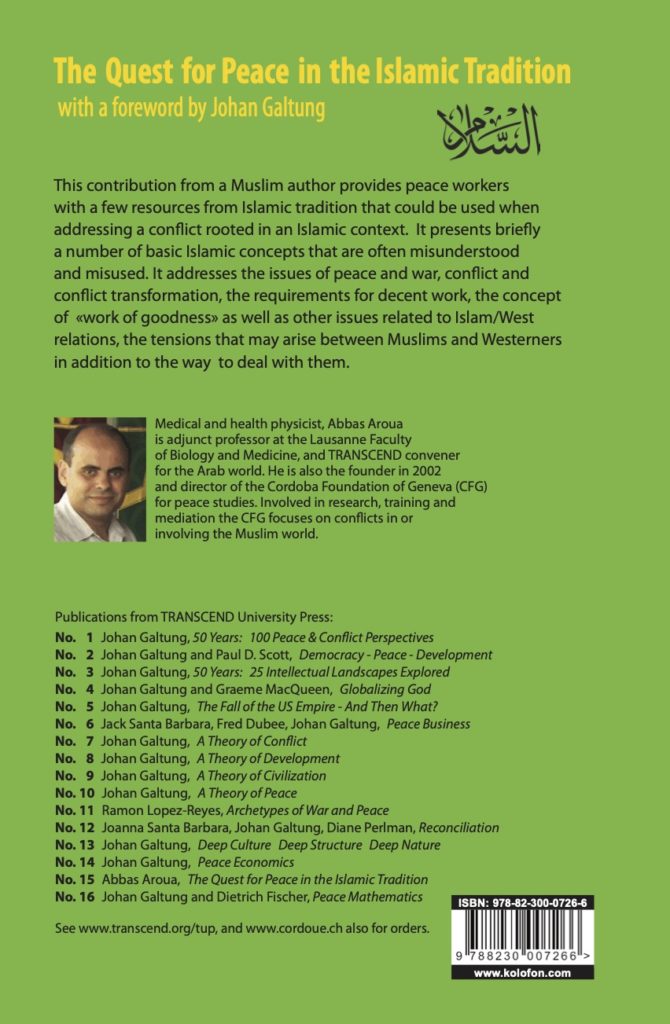
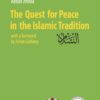
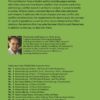

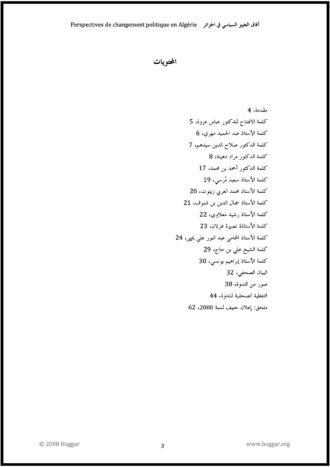
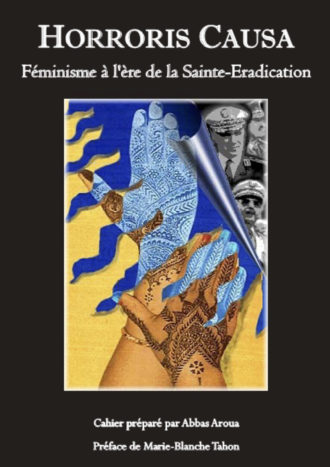
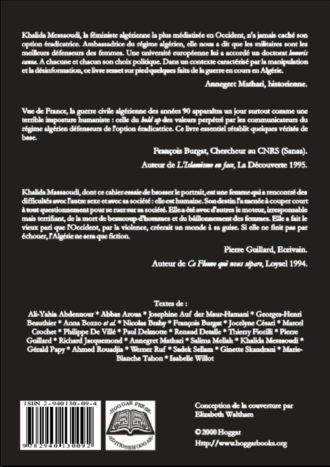
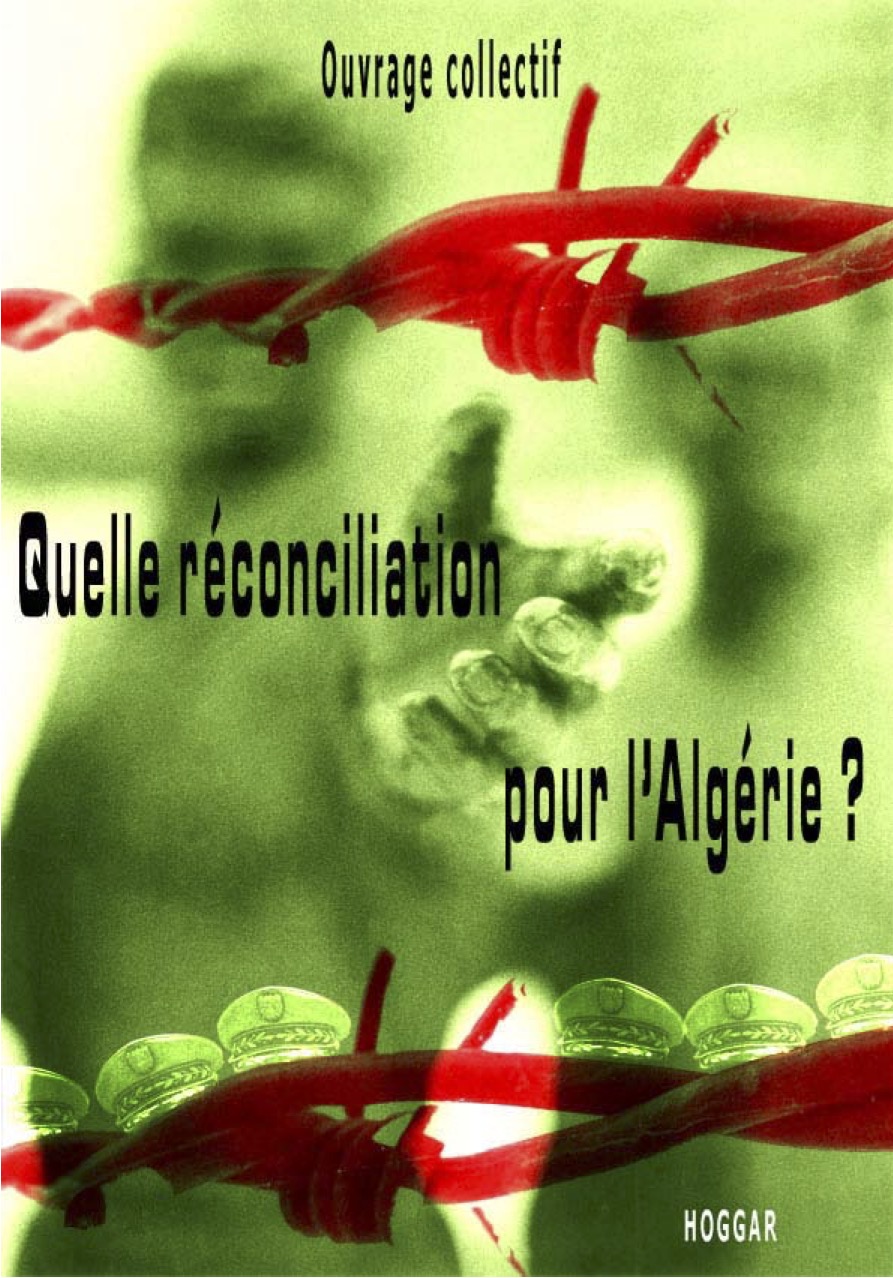
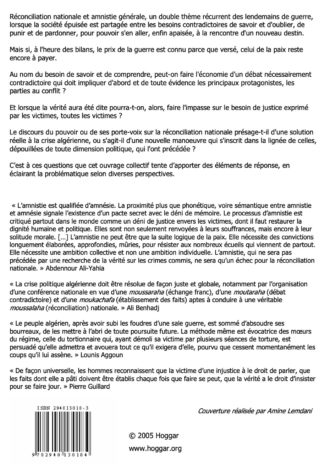
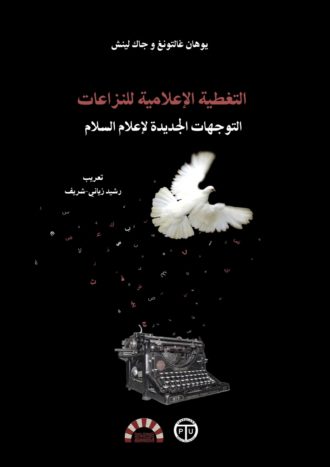

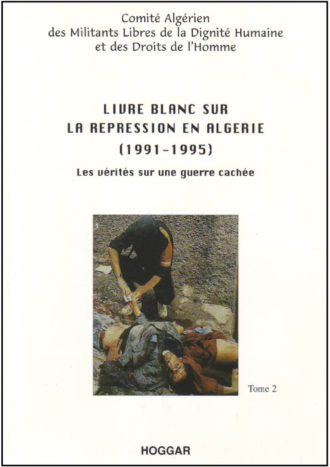
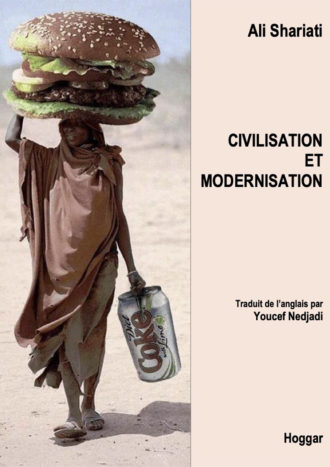
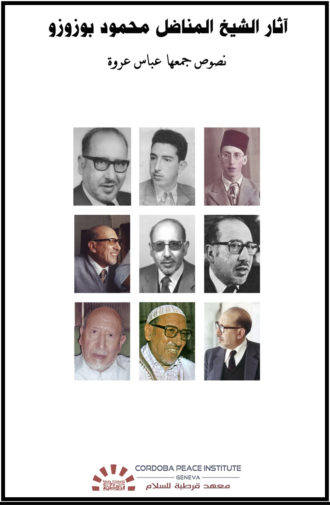
Reviews
There are no reviews yet.